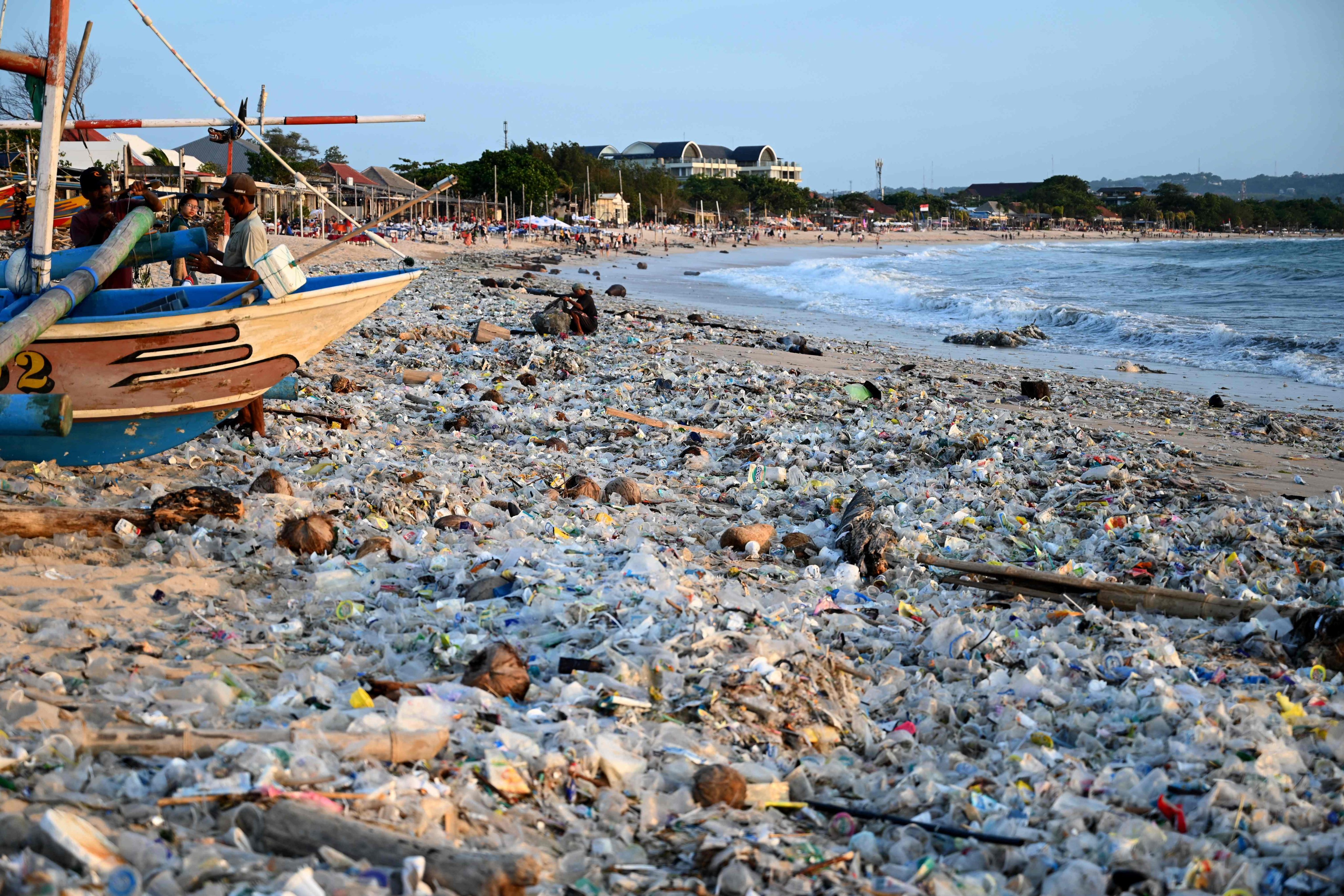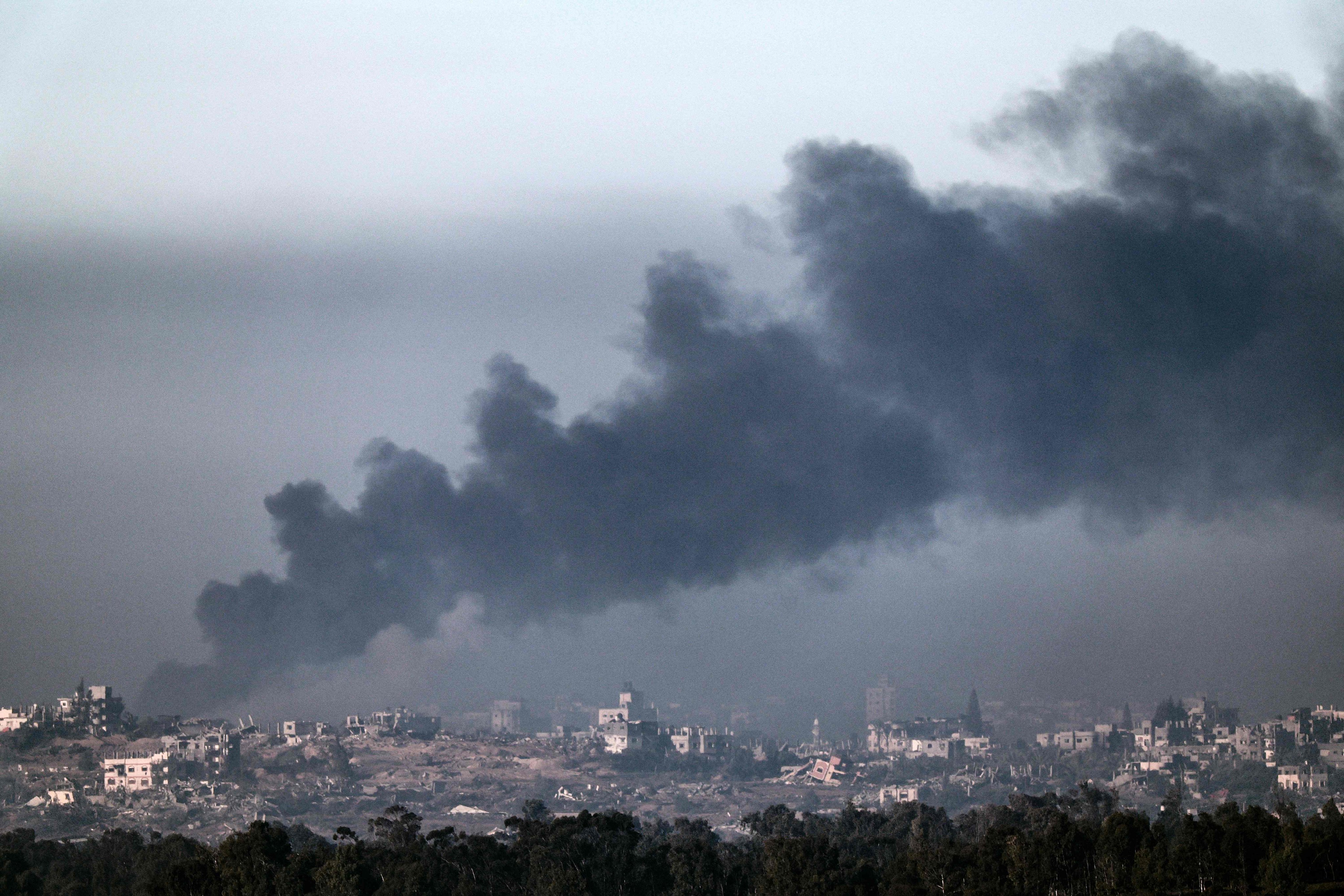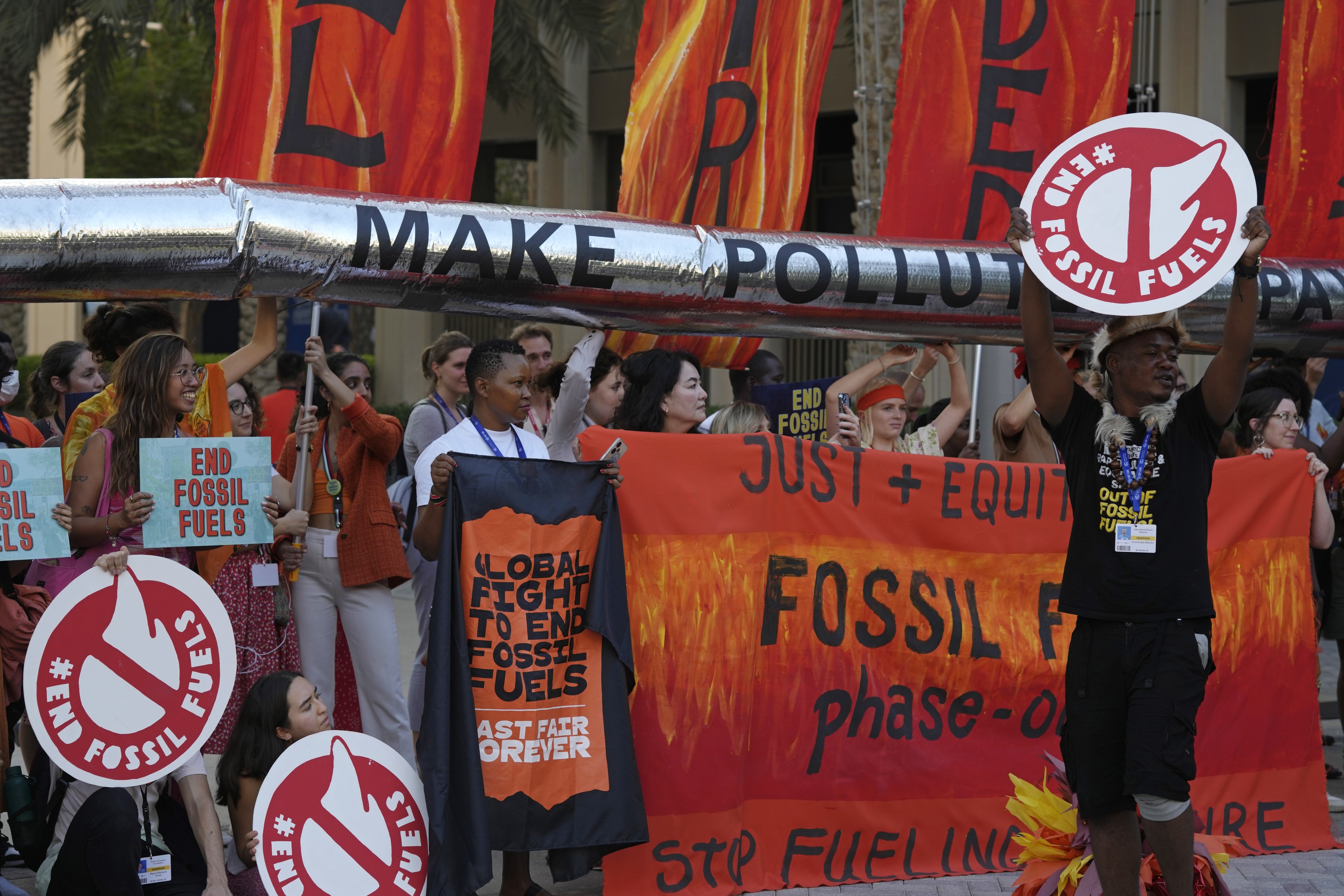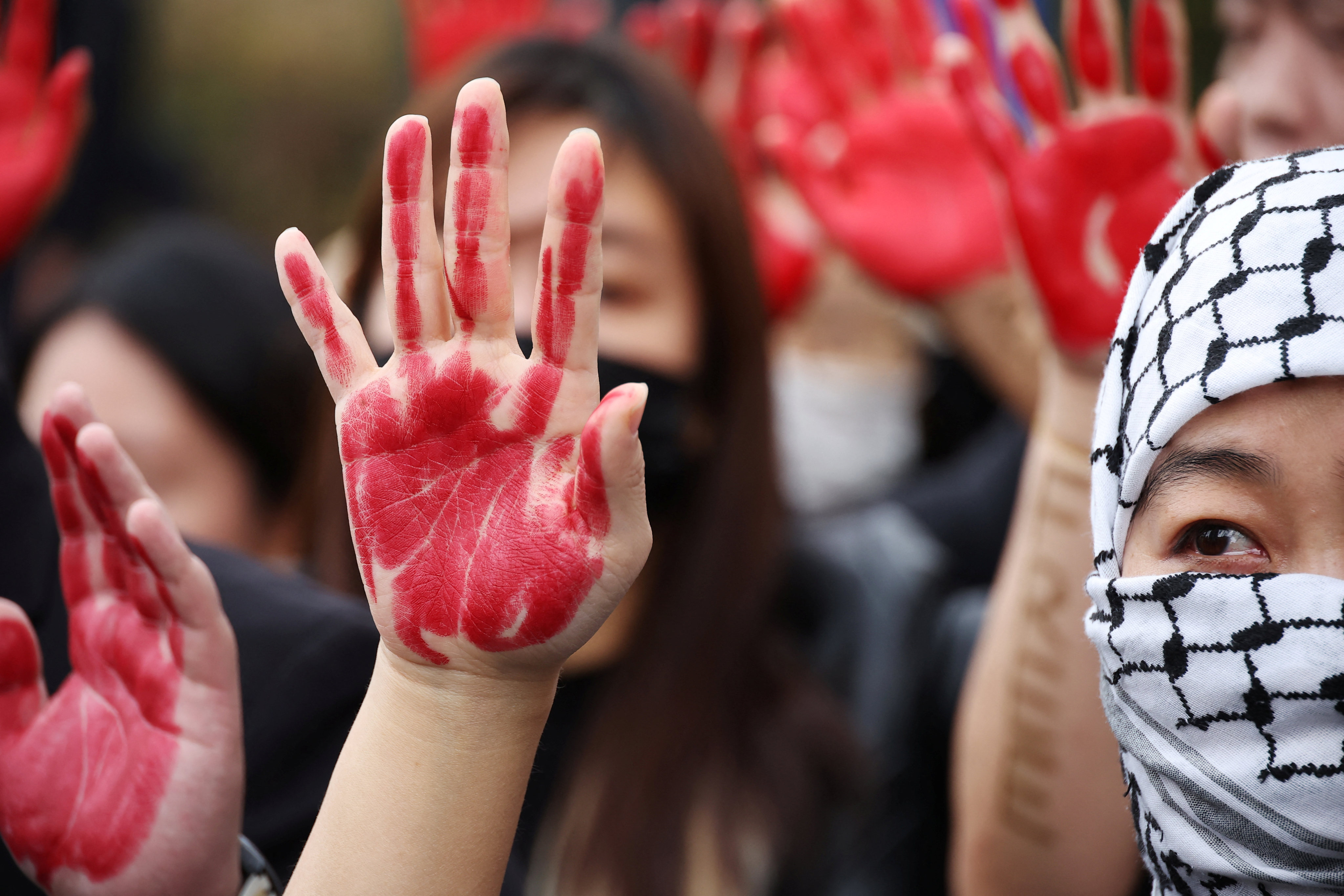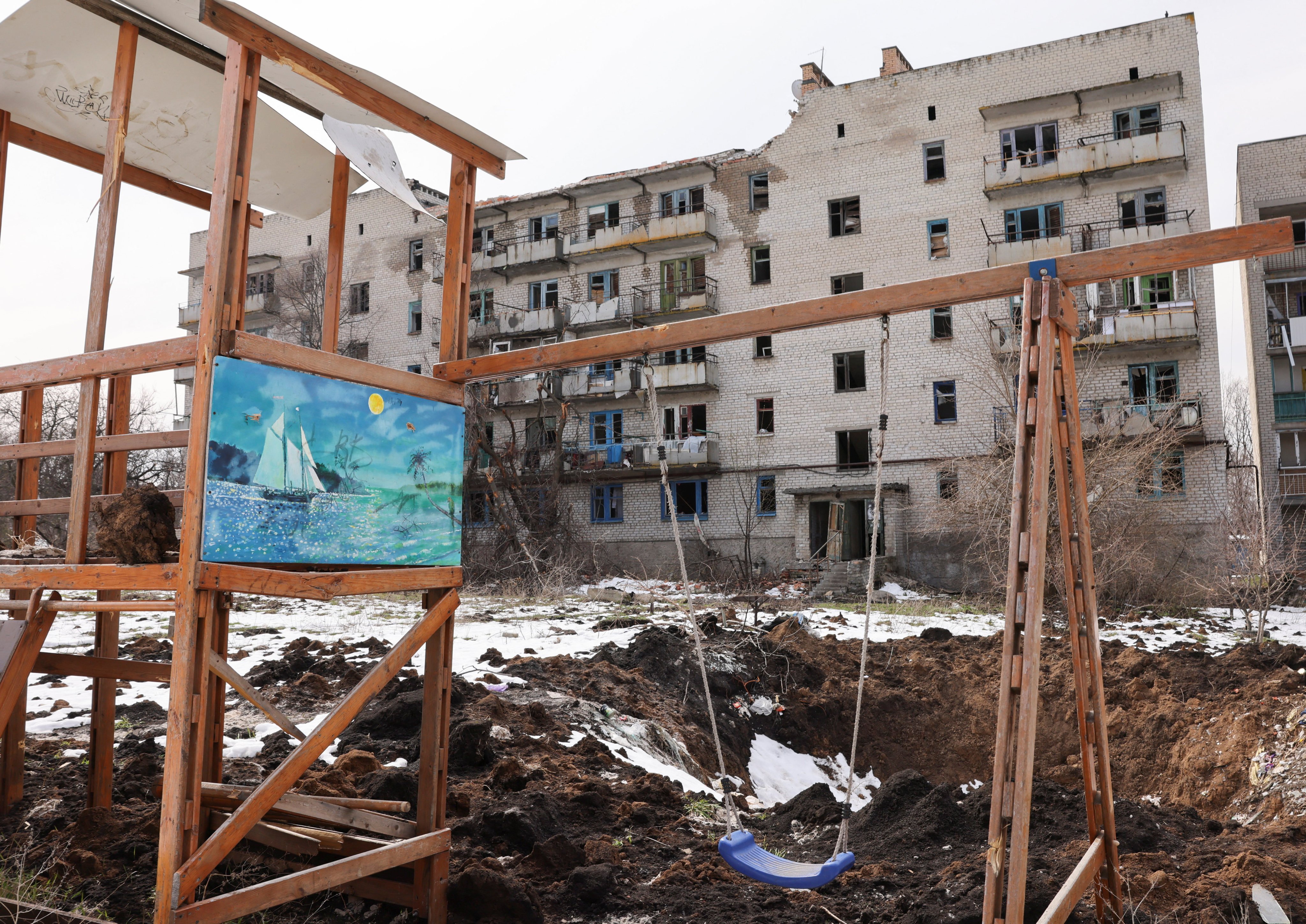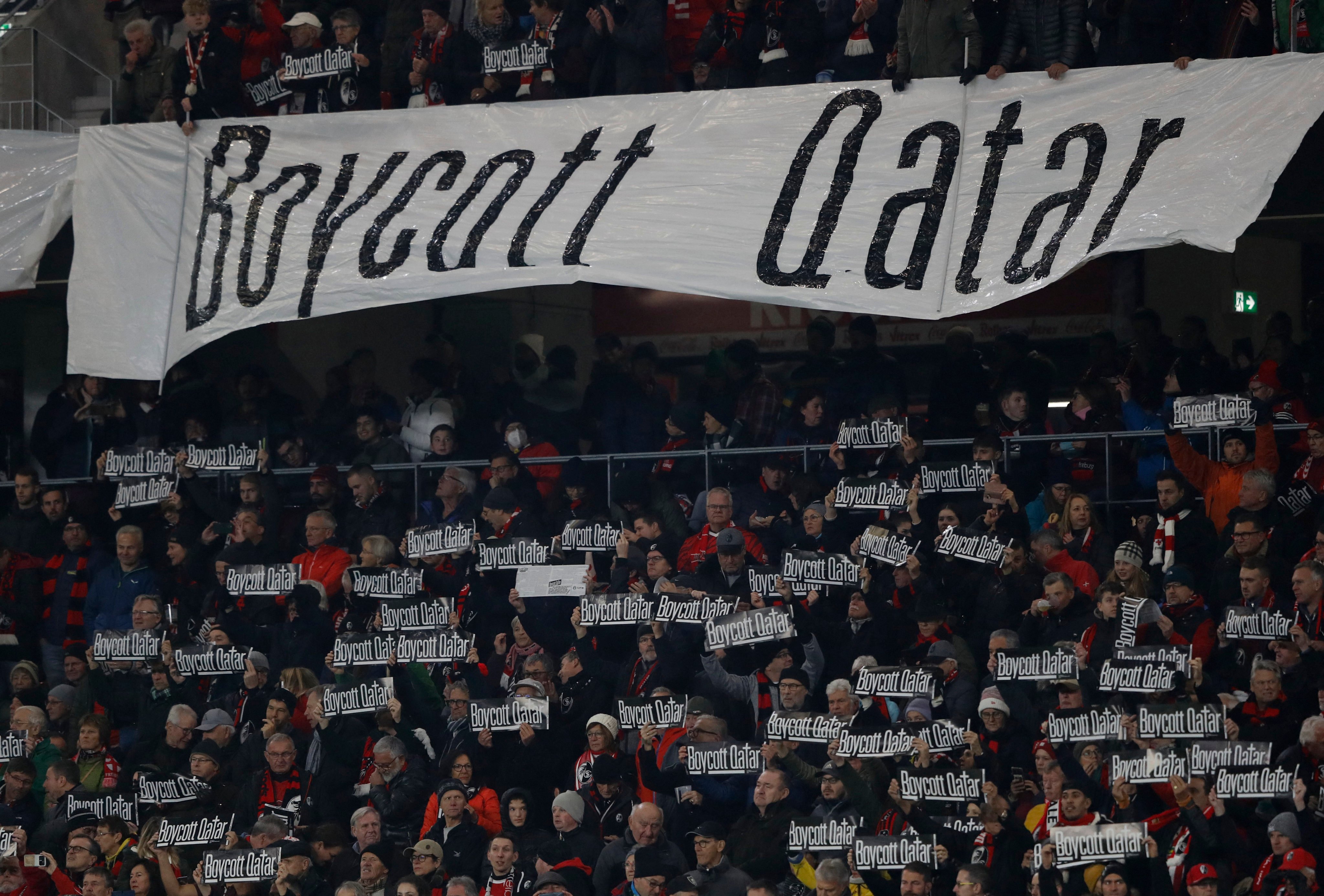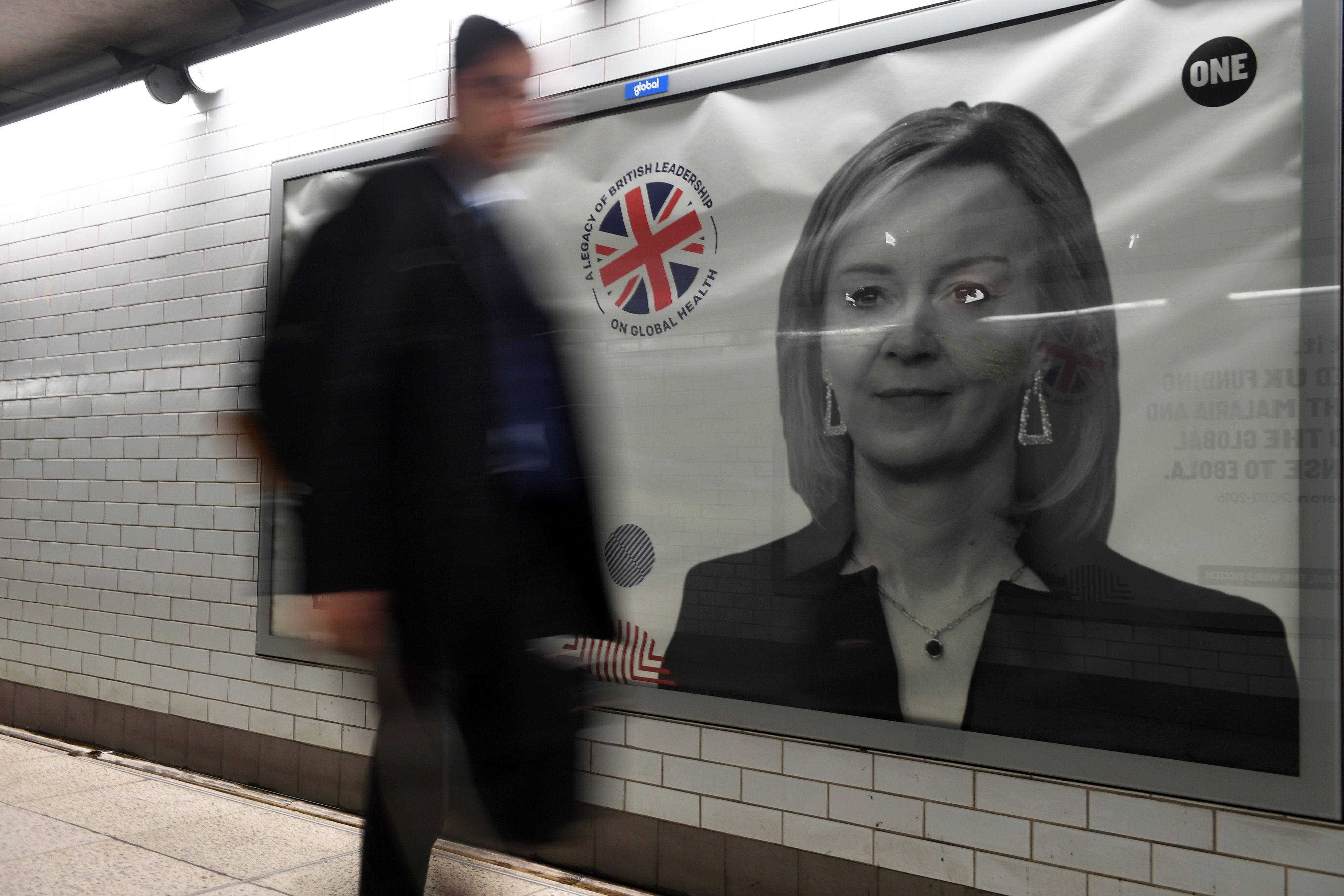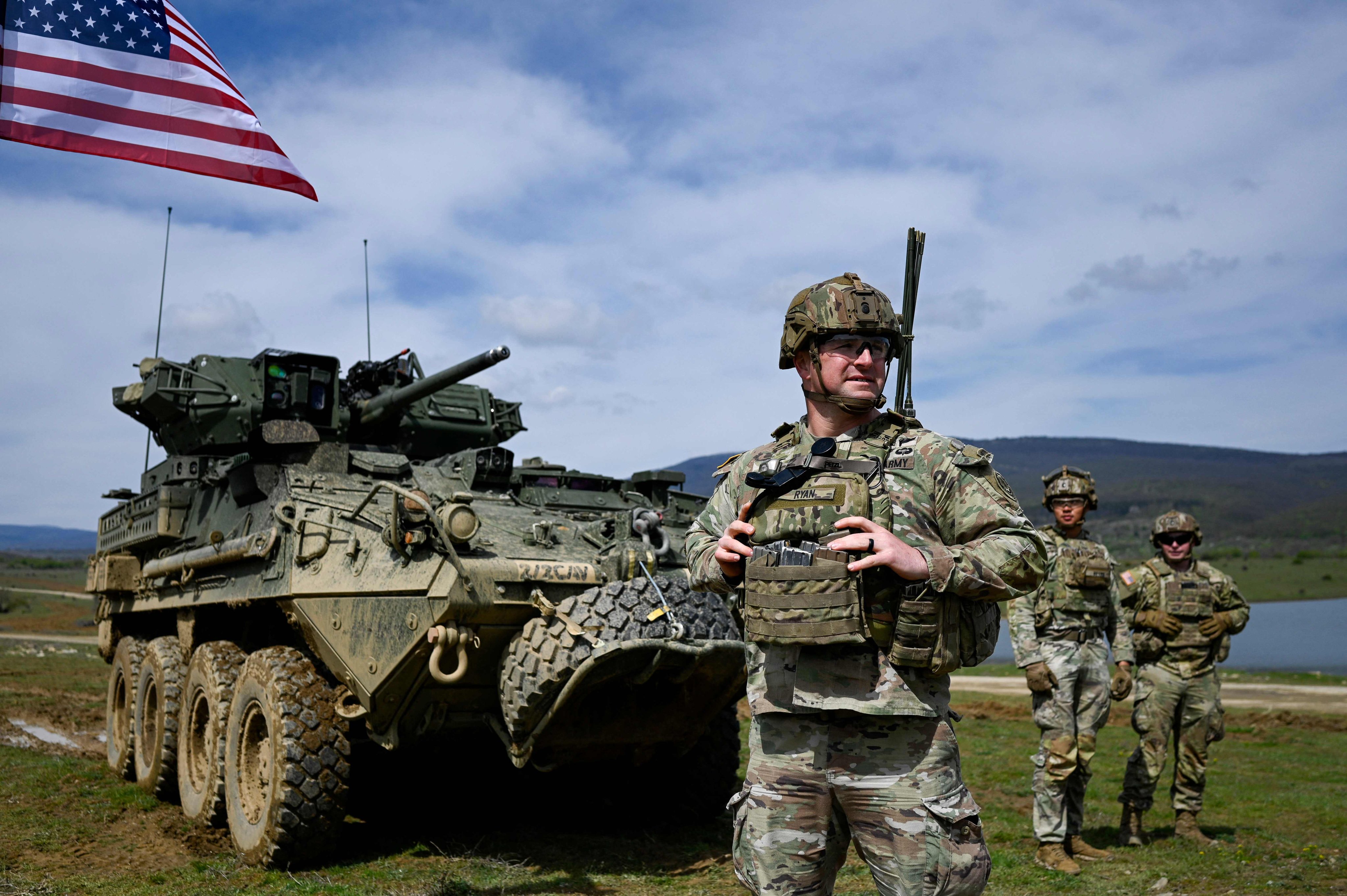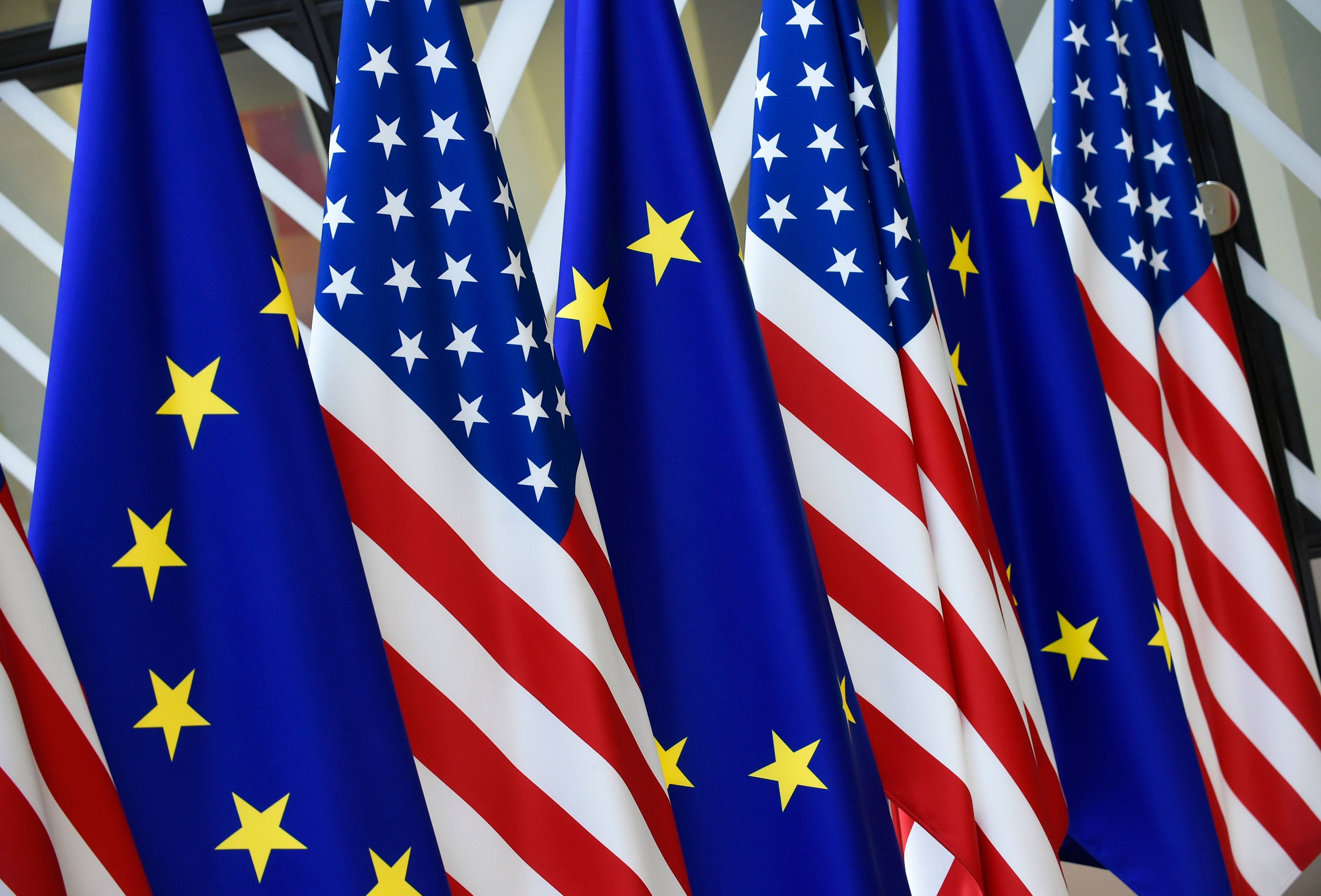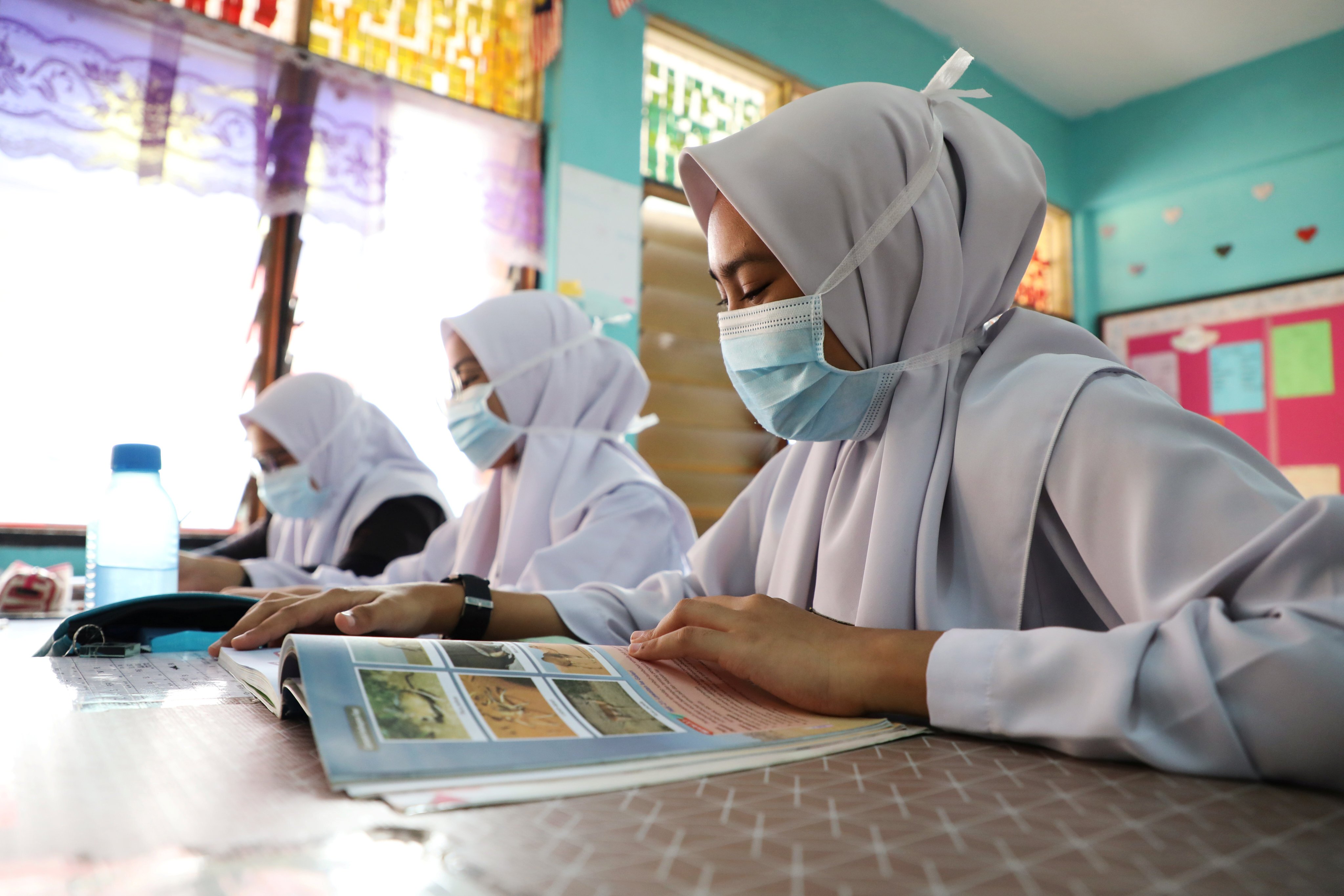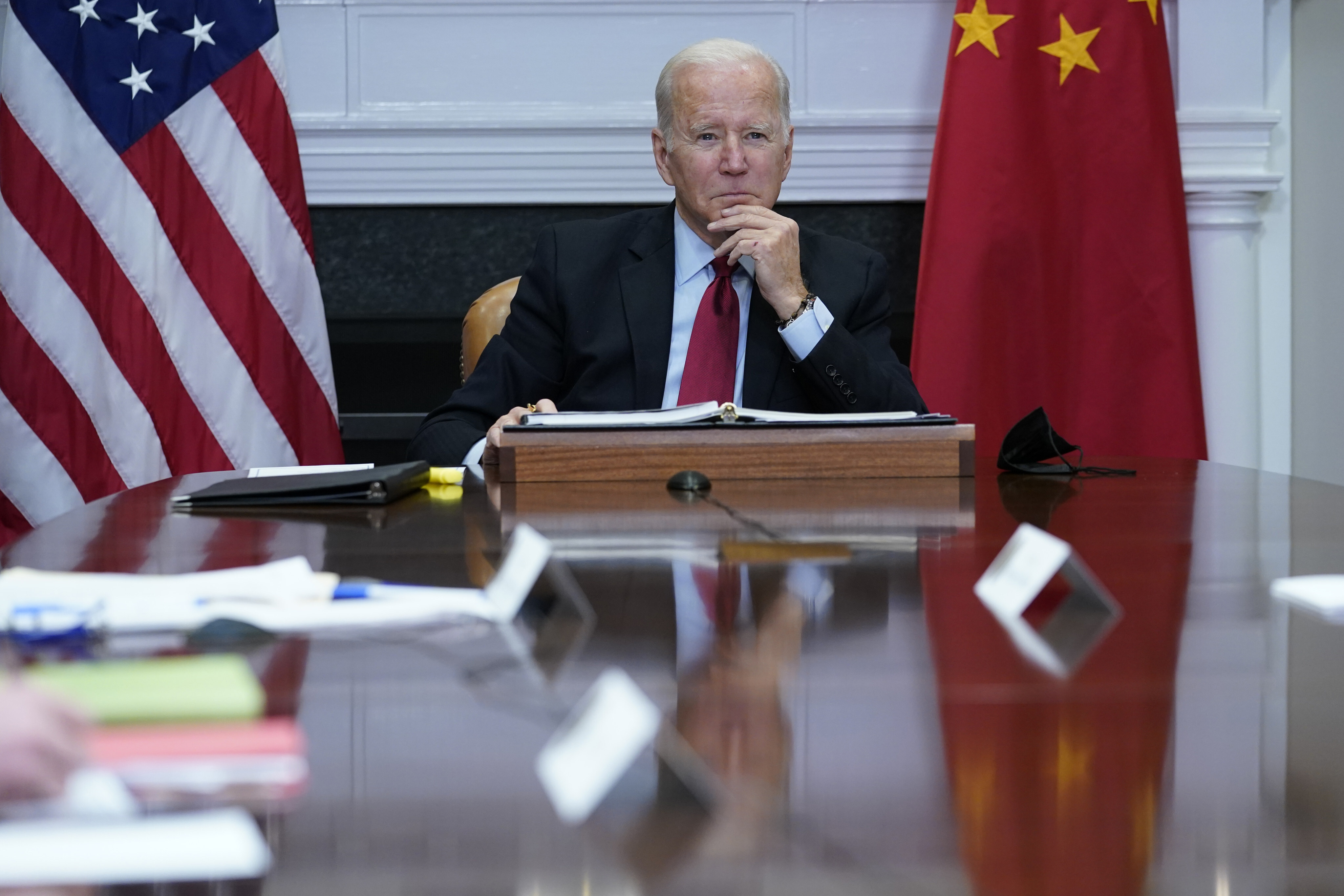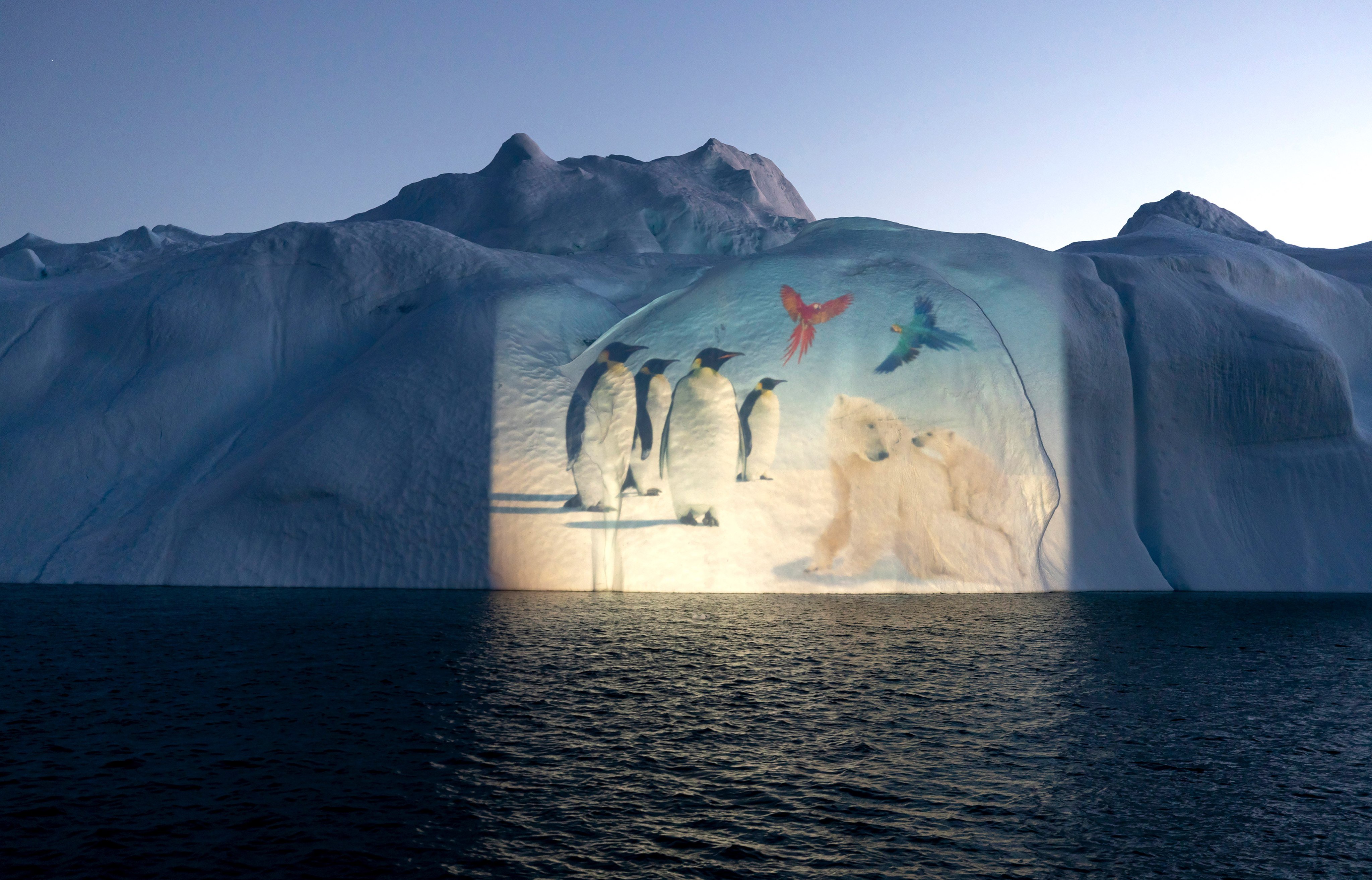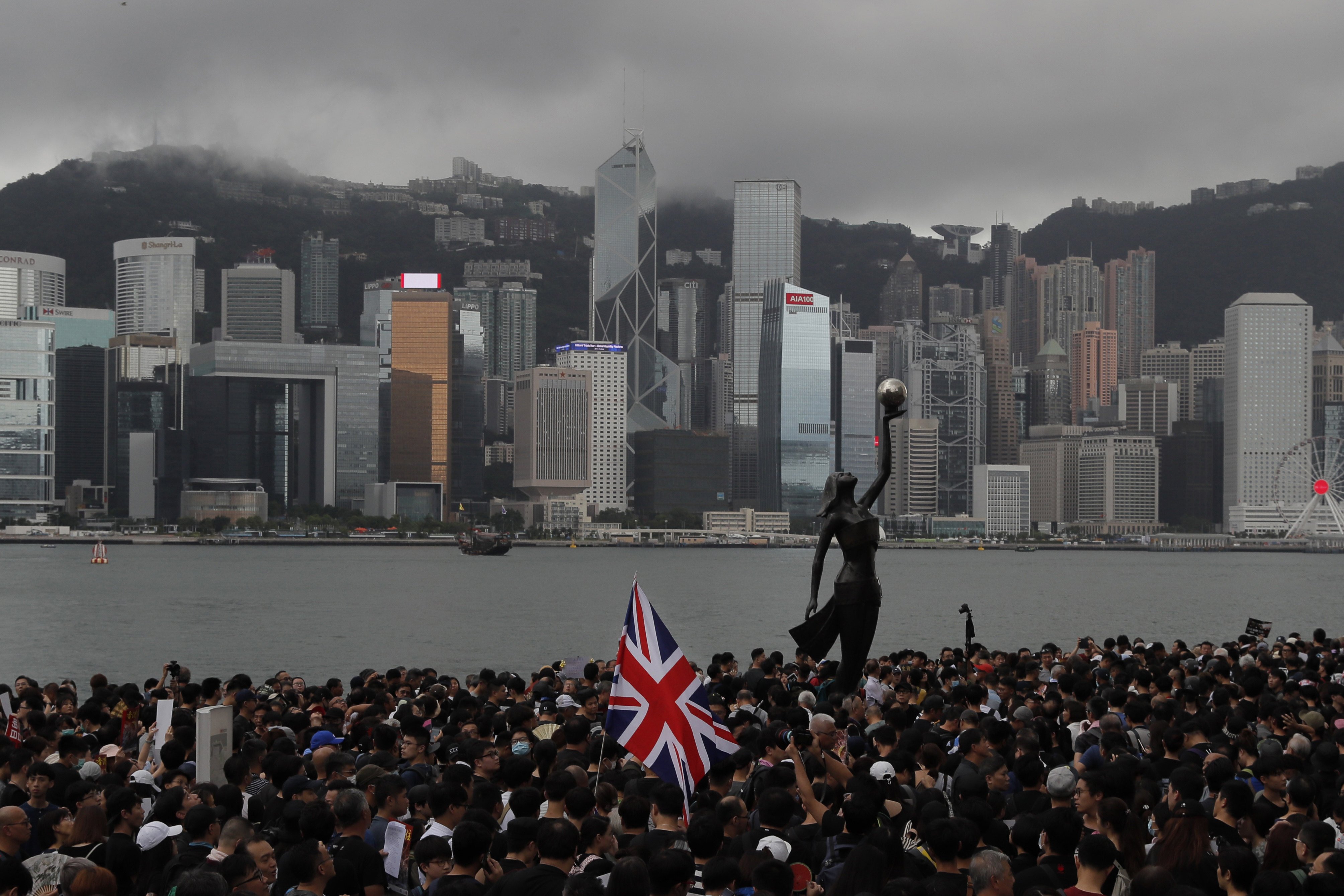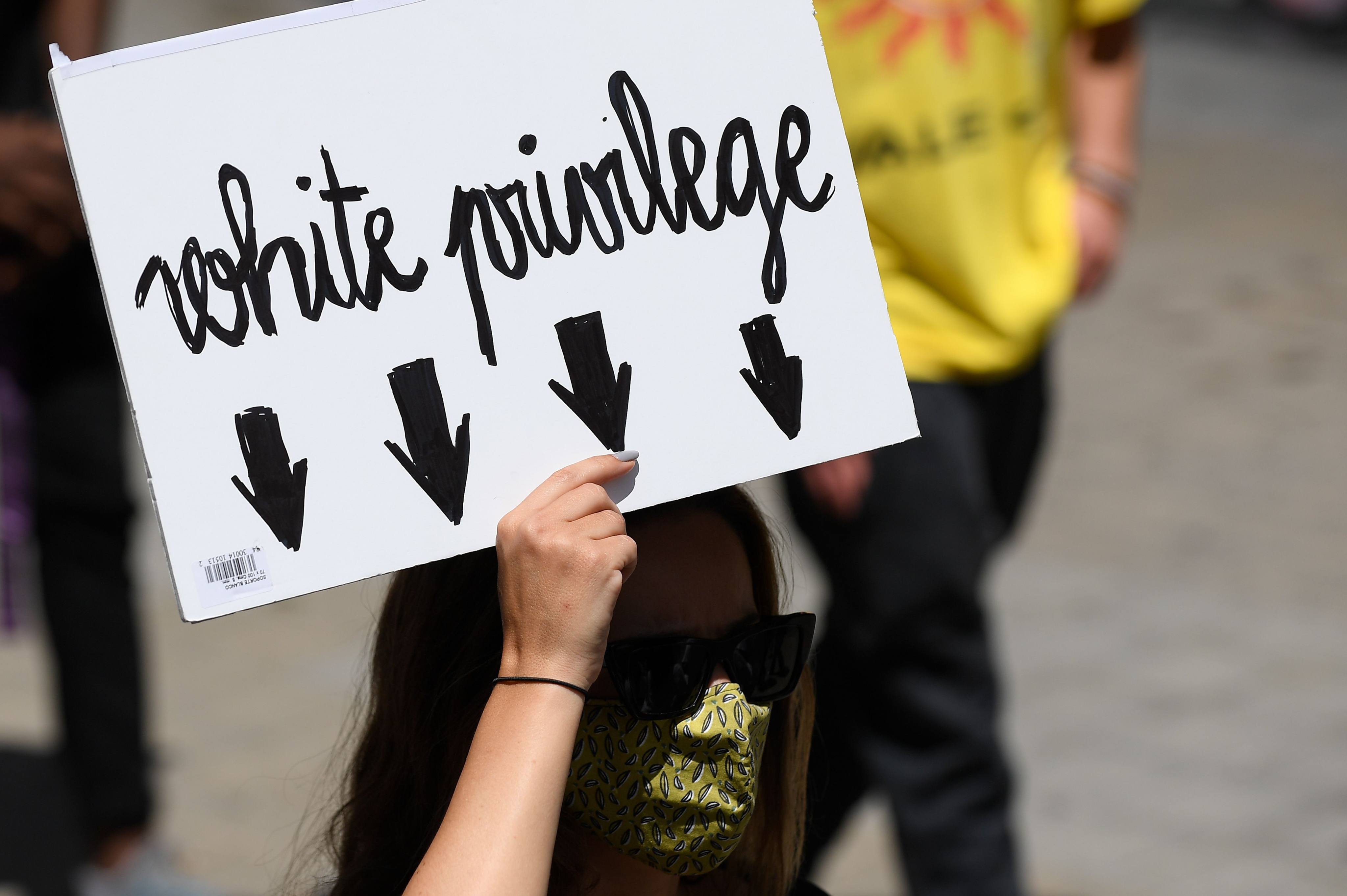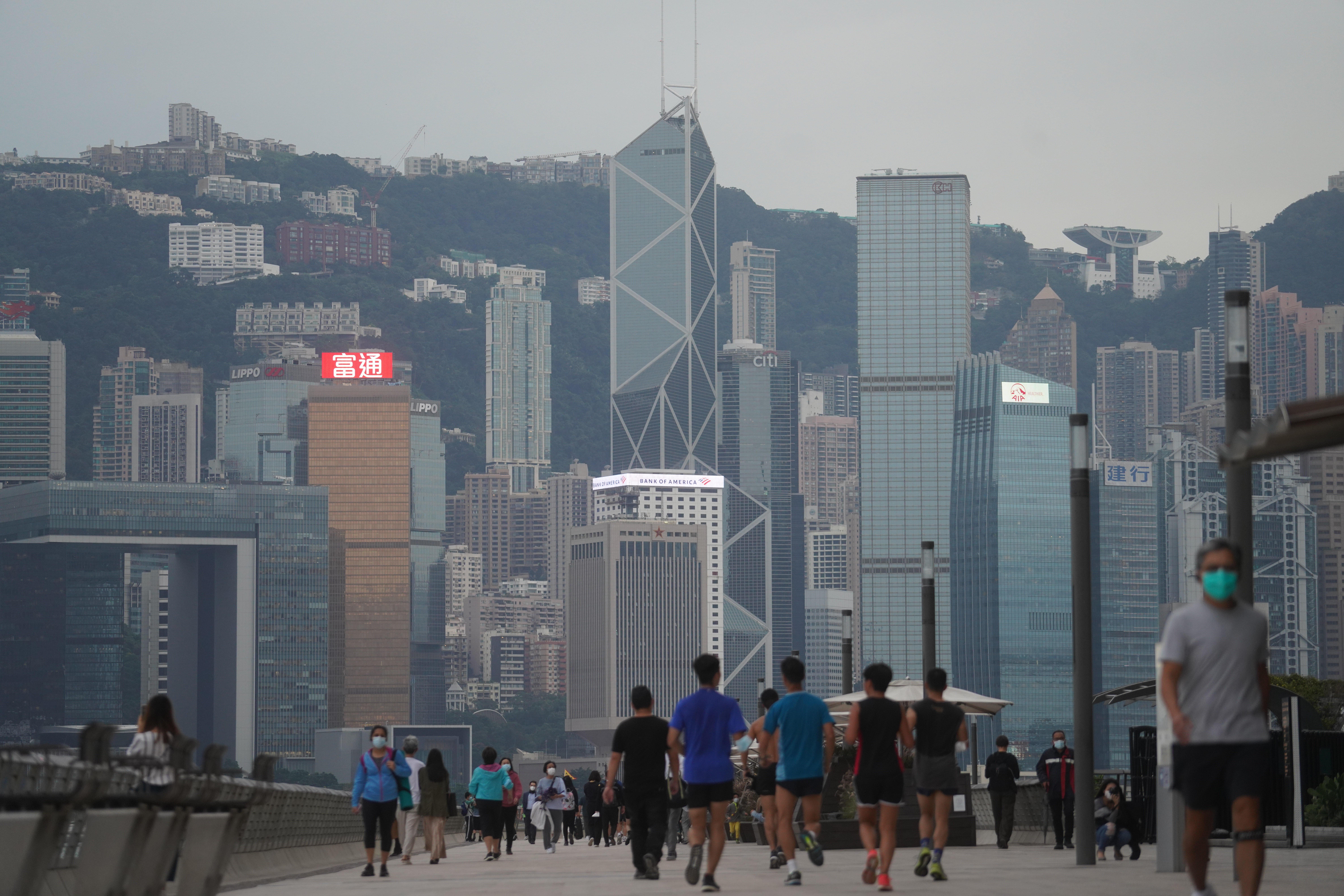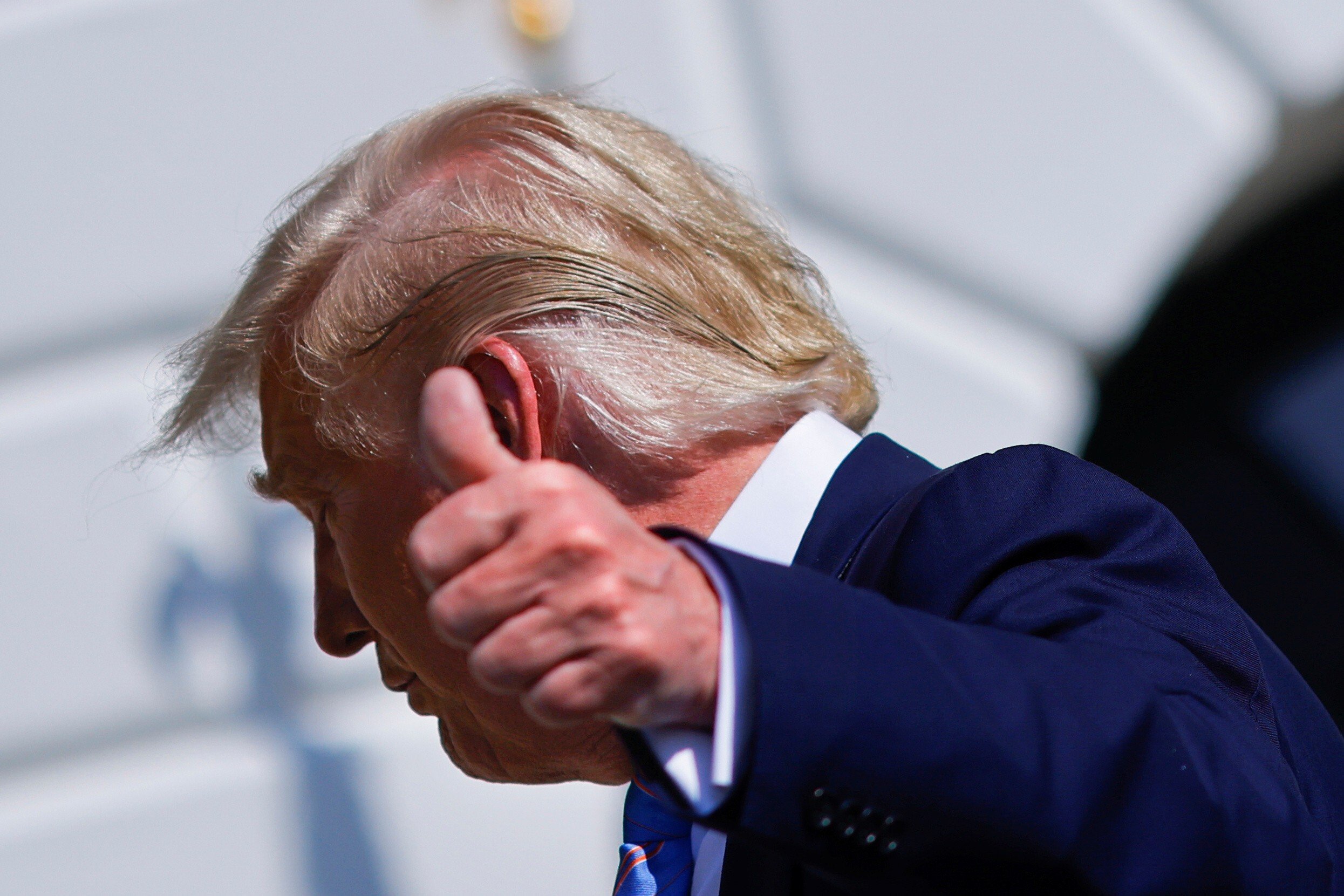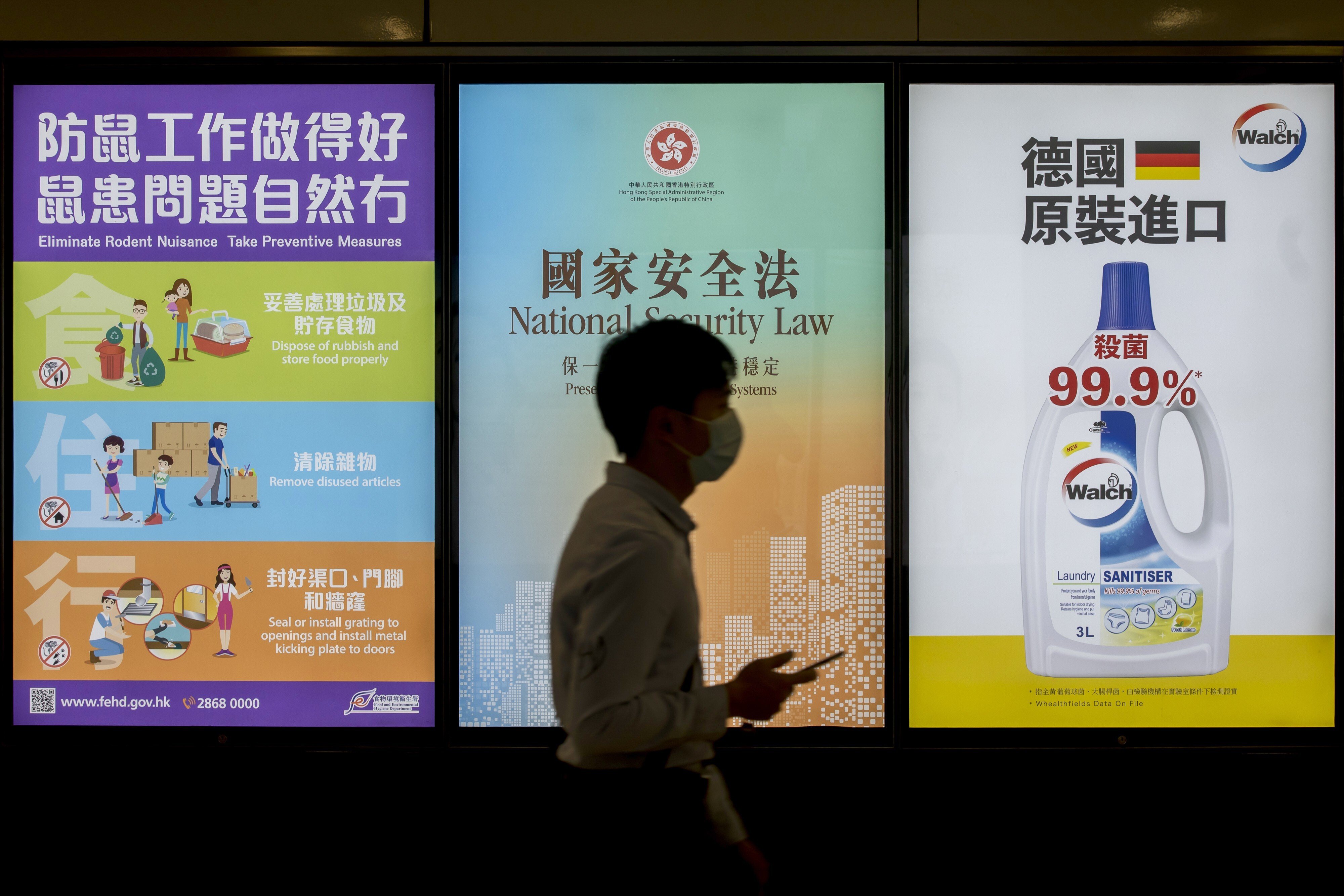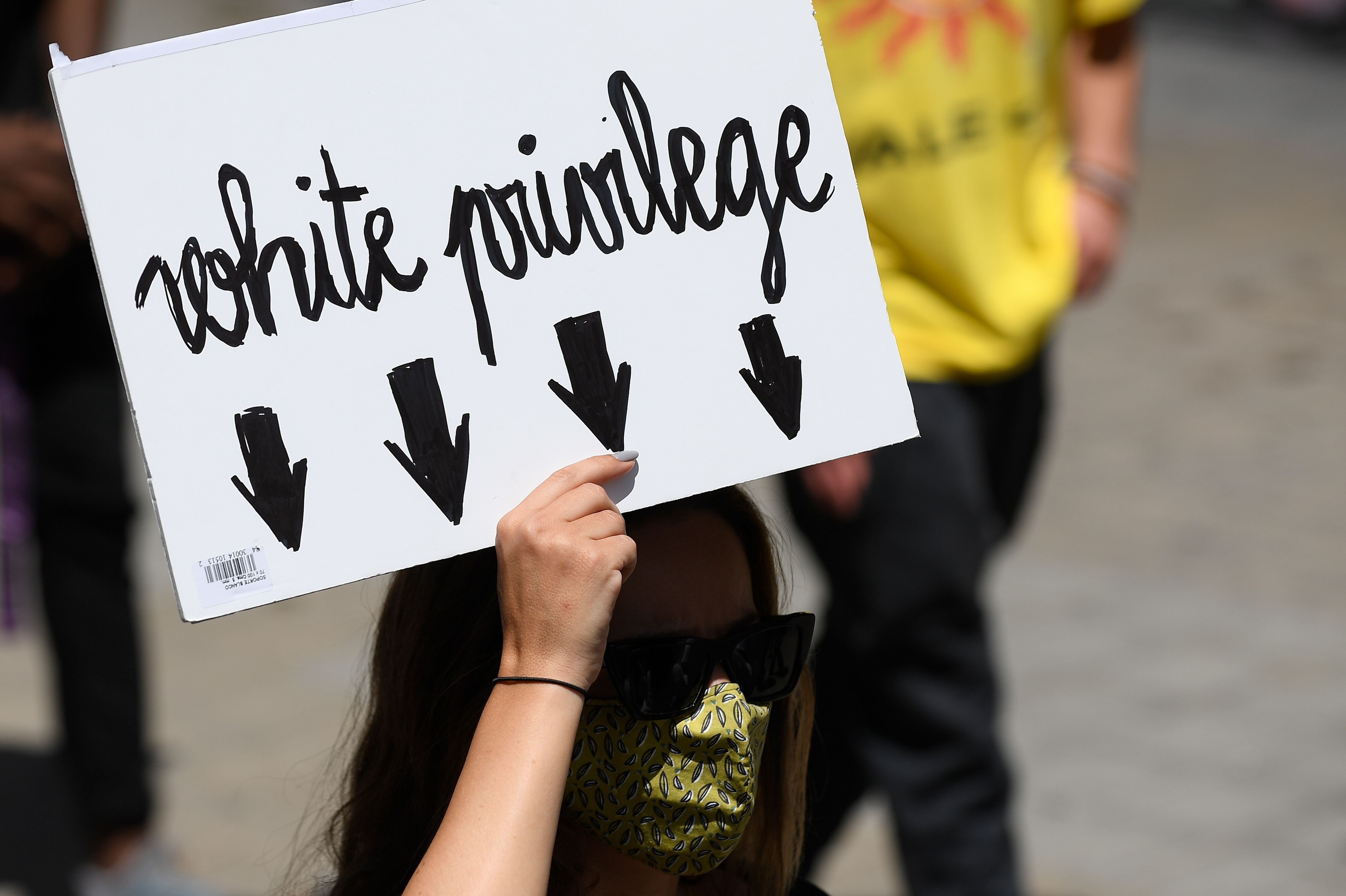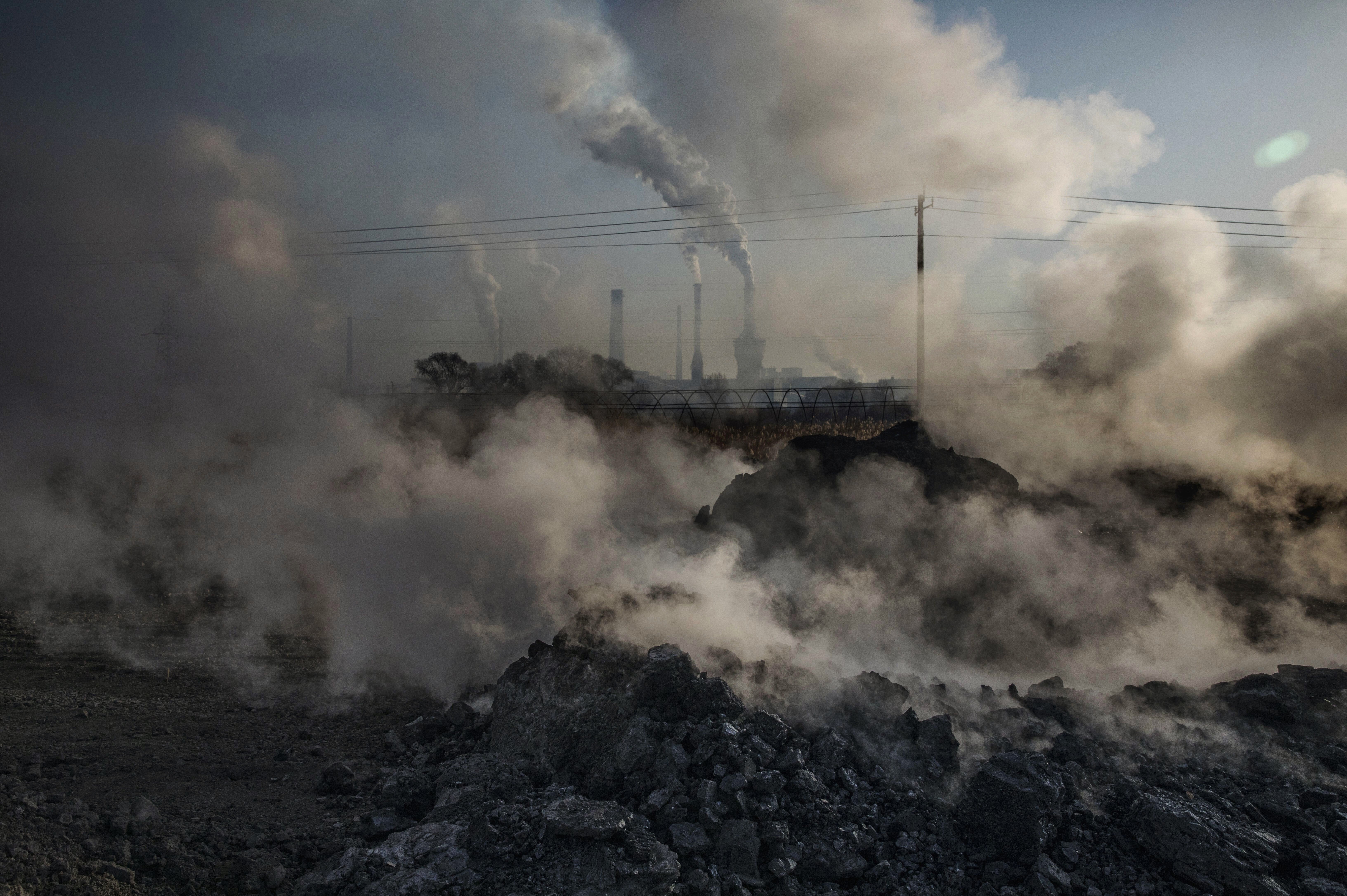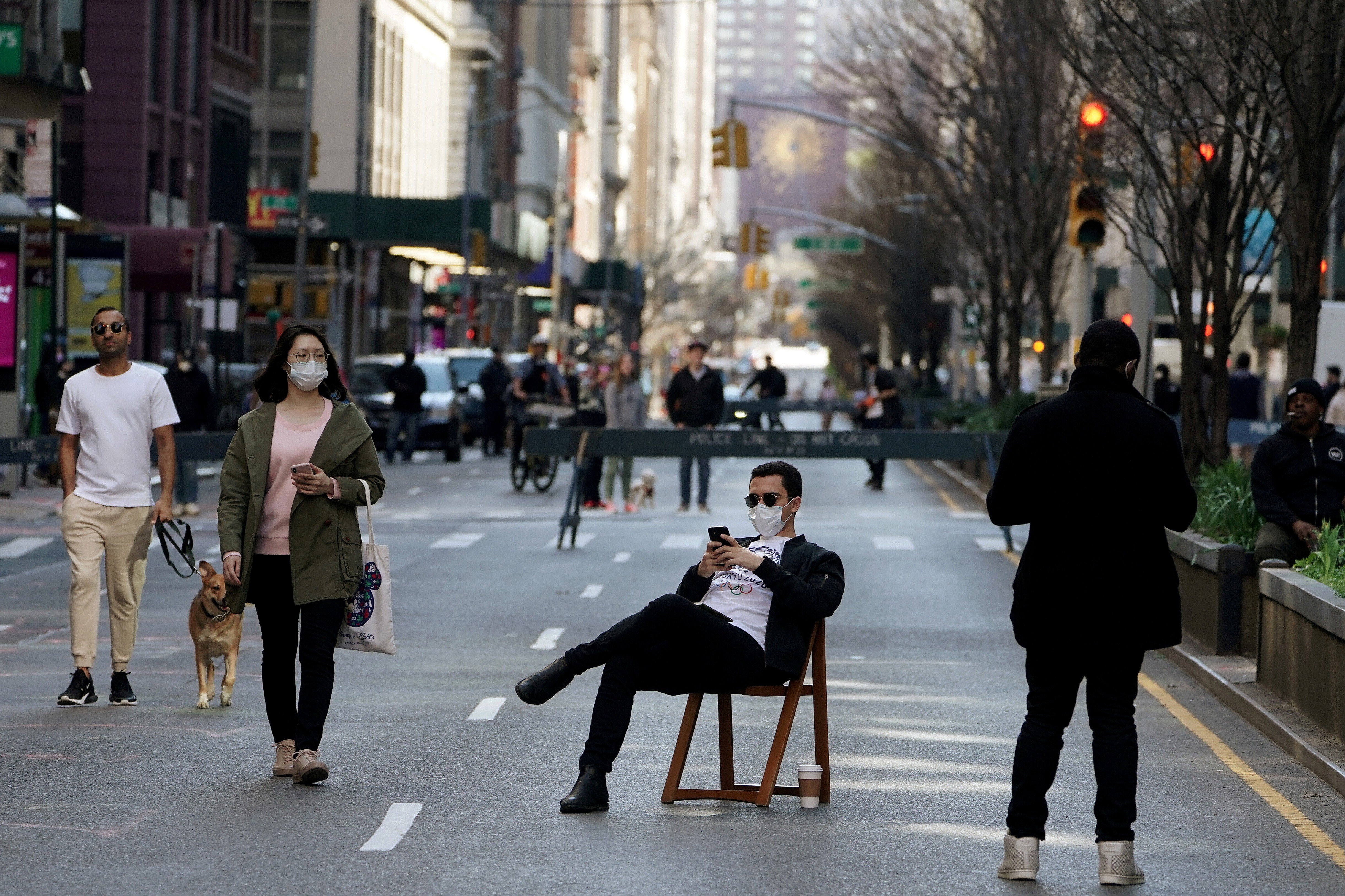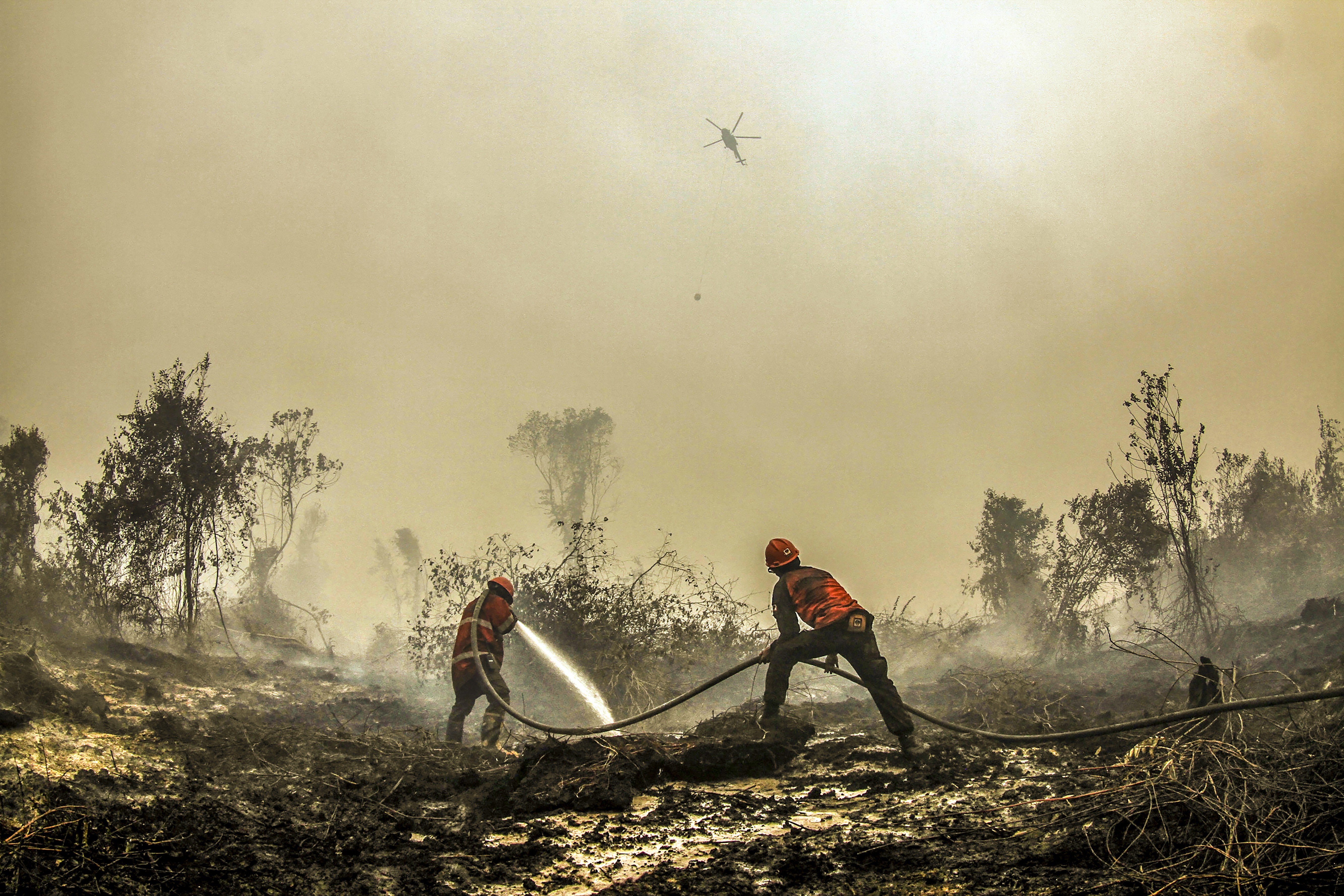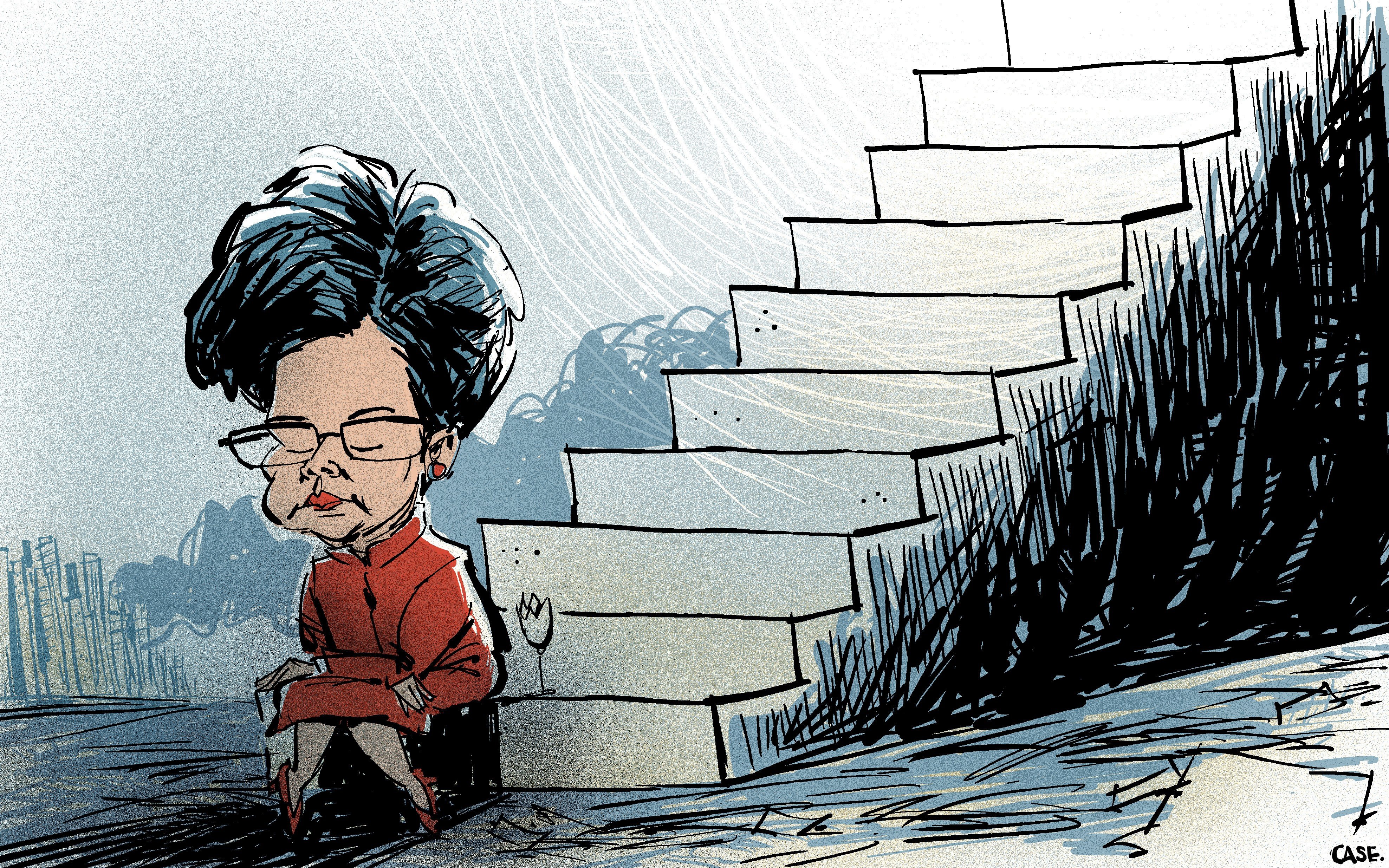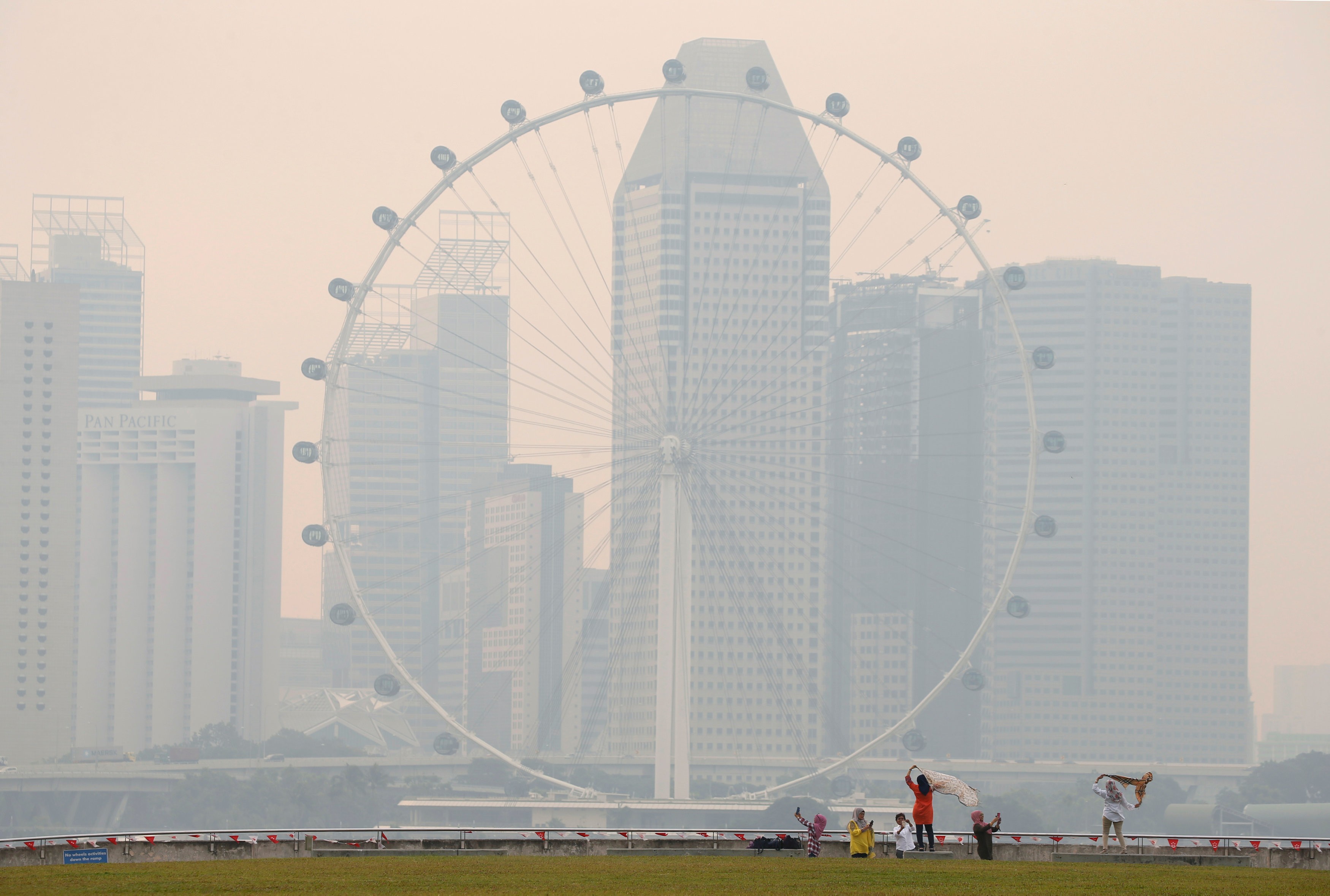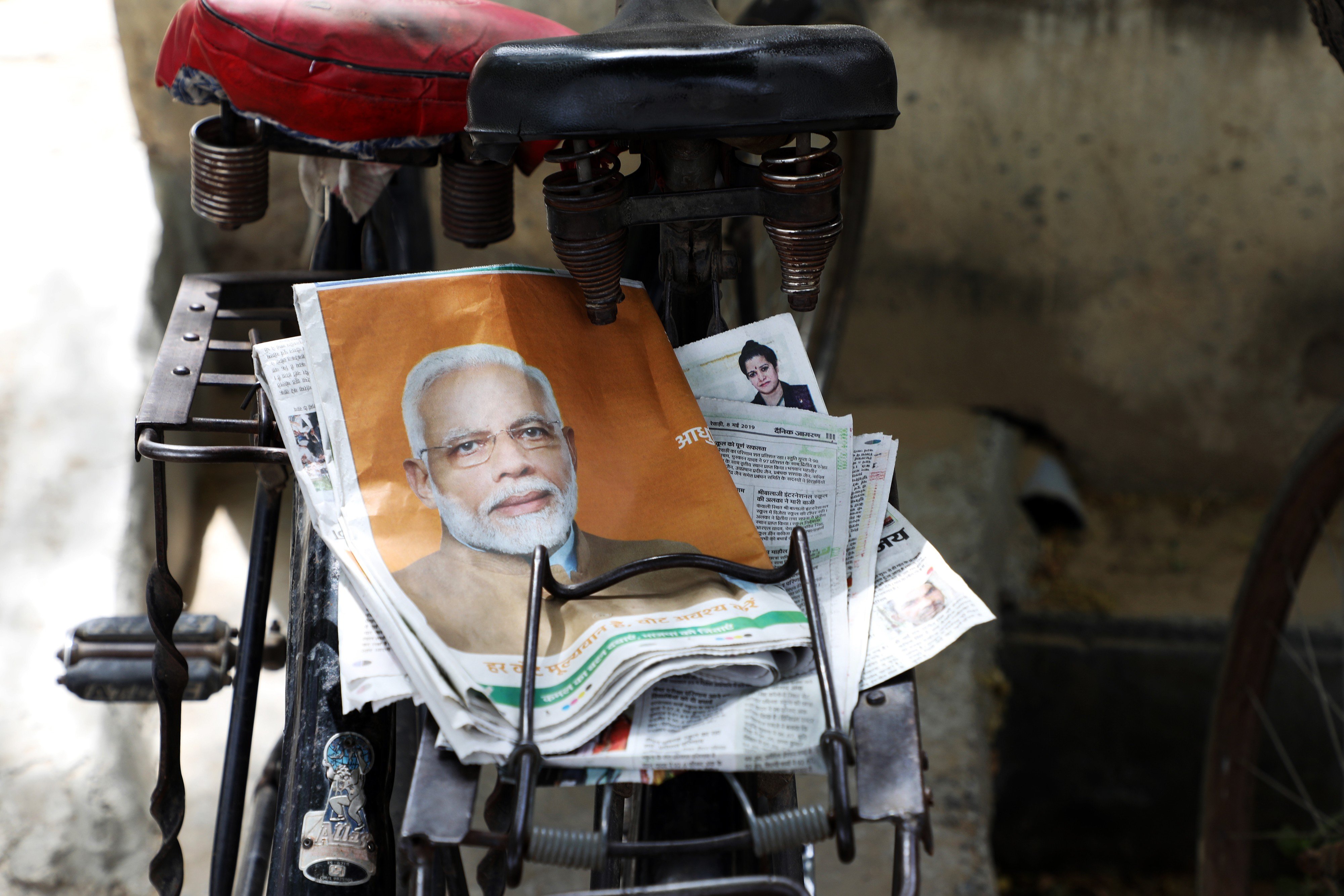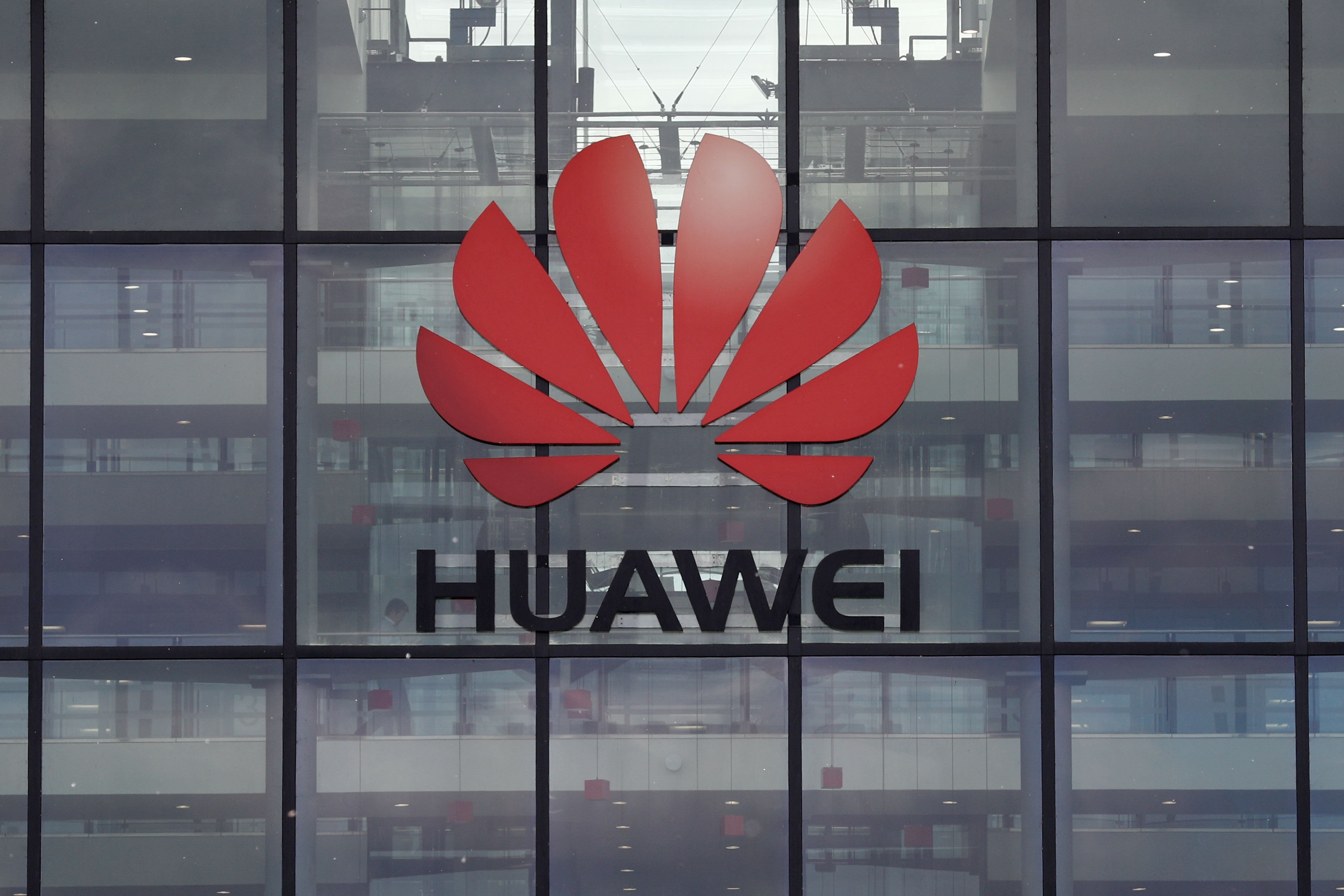
To shake up how finance is leveraged and directed to tackle priority issues, governments need to take the lead and set new sustainability standards and policy parameters – not leave it to the whims of financiers.
The ‘military-industrial complex’, a key part of the political economy of the US, has built a global geopolitical infrastructure that fuels regional tensions and in turn both nurtures and enables countries as well as private actors to push for and capitalise on conflict.
Systemic change at scale must be led by governments with requisite political power and intent, well-defined objectives, and authority to act without fear or favour.
Weak Western leaders, certain of their own exceptionalism, have endangered world peace by peddling narratives that justify the unjustifiable.
US leadership is critically needed to partner with other powers and end decades of violence in the Israel-Gaza conflict.
The West has an unenviable track record of repeatedly failing to use diplomacy to resolve geopolitical issues while resorting to coercion and force, resulting in an approach that ignores and suffocates other attempts, including China’s most recent efforts to broker peace.
Western media’s biased reporting reflects an inability to come to terms with the emergence of the post-Western world and has failed to account for an increasingly perceptive and critical audience in the non-Western world.
Calls to boycott the Fifa Qatar World Cup screams of Western hypocrisy, resentment and a superiority complex writes author Chandran Nair.
Truss’ brief tenure has shattered illusion of democracy as be-all and end-all of approaches to governing societies and serving citizens’ needs, Chandran Nair writes.
The world needs to appreciate the rapid shifts in the global order arising from the US’ toxic domestic situation, and how its political elite distracts people from its decline with an aggressive foreign policy anchored in outdated doctrines.
After outsourcing its security to the US and Nato, Europe now finds itself in a pseudo-proxy war. Asia should learn from this lack of leadership, writes Chandran Nair.
A nation that subjects its children to discrimination has lost its soul, writes Chandran Nair.
The racism that sparked Black Lives Matter only scratches the surface of the problem; global trade reinforces it, sport plays upon it and education colonises our minds, writes Chandran Nair.
Washington’s Summit for Democracy has made half the world a pariah by defining as ‘authoritarian’ any country that does not share its choice of political system, writes Chandran Nair.
Rich countries are in denial that consumptive lifestyles are the cause of climate change; thus they turn to pseudoscience and flawed market-based solutions in a bid to continue with business as usual.
‘Young people in Hong Kong are taught through a British education system to dislike China and worship the West,’ writes Chandran Nair.
The West’s disingenuous position on Israel and its coordinated attacks on China have blown the cover of the liberal narratives it uses to hide a postcolonial, imperialist agenda, writes Chandran Nair.
The roll-out of Covid-19 vaccines, with poor countries far behind, has exposed the moral bankruptcy and structural privilege of Western nations.
The city needs economic diversification, and young Hongkongers can play an active part in its development through sharing the responsibility for change.
US pre-eminence was sustained by a grand bargain: it could sit at the top if it did not abuse its position – or, at least, keep its abuse to bearable levels.
Stereotypes of China are being used to diminish its contribution and challenge its sincerity, writes Chandran Nair.
If a foreign government can purport to offer a million passports, surely the Hong Kong government working with developers and banks can offer a million homes
George Floyd’s murder has led the Western world to examine the privilege it has accumulated through centuries of oppression of non-white people.
Growth targets inevitably lock developing countries into a Western model of economic policy and a Western notion of how globalisation should work.
Ironically Donald Trump may have been right that some goods should be ‘Made in America’. He was just wrong about what these should be.
Southeast Asian forest fires affected many more people than Australia’s bush fires. But they were eclipsed because the climate debate hinges on a Western framework that distorts the problem.
Hong Kong needs a way out of its firestorm of protests and violence – and it starts with the government admitting that, by any reasonable definition, it has failed. Another suggestion? Allow Beijing to help.
The haze that hit Singapore, Malaysia and Indonesia in 2015 has since largely been avoided – but this has much to do with luck, and only governments can make the fundamental changes needed, writes Chandran Nair.
The world’s largest democracy, now awaiting the results of its weeks-long election process, needs to become an effective state that can deliver improvements to people’s lives, especially for the millions whose basic needs are barely met.
In the years leading up to the end of the cold war, opinion polls revealed more Americans feared the ascendant economy of Japan – their ally – than the Soviet Union. The same is happening now to Huawei as its products become superior.

